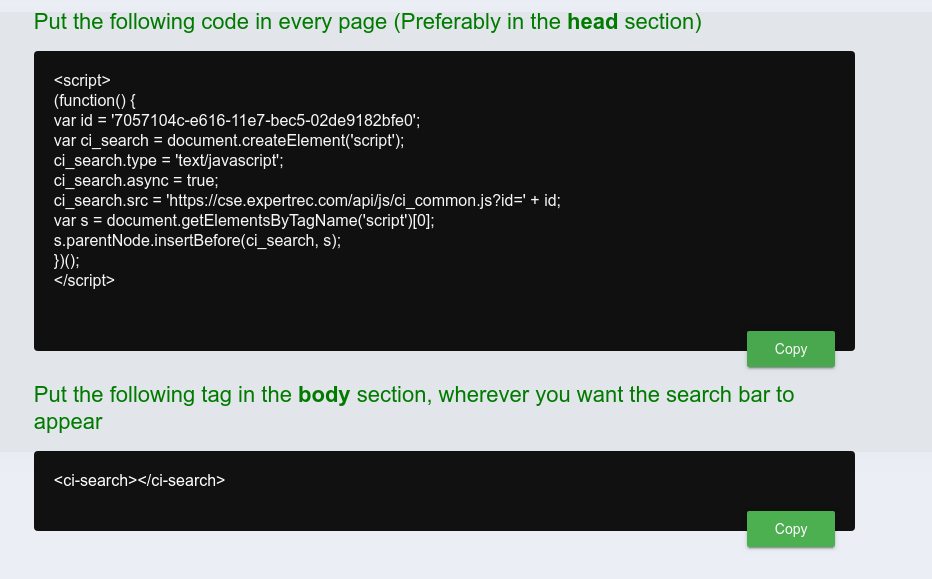
Search Engine Land points out that DuckDuckGo, which launched in 2008, "gets as many searches per year (~15.7 billion) as Google gets in about two or three days.

It represents the faintest of echoes from a web more innocent and more hopeful than the social-media poisoned cesspool of chaos and fake news we often find ourselves in today. Perhaps it sounds a little idealistic, but damn it, that's what made me excited about Yep in the first place. "Creators who make search results possible deserve to receive payments for their work." Its CEO sheds some light on why this makes sense to him: It's an impressively quixotic windmill to fight for the bootstrapped company Ahrefs.

They'd be able to stop asking for donations and start paying the people who polish their articles a decent salary." "Wikipedia would probably earn a few billion dollars a year from its content. Now, imagine if they gave $90B to content creators and publishers," the company paints a picture of the future it wants to live in. "Let's say that the biggest search engine in the world makes $100B a year. Name aside, Yep is taking a fresh new path through the world of internet advertising, claiming that it's giving 90% of its ad revenues to content creators. "As for the name? I dunno Yep seems pretty daft to me, but I guess at least the name is one character shorter than Bing, the other major search engine I'll only ever use by accident." "It's a unique proposition," reports TechCrunch, " running its own search index, rather than relying on APIs from Google or Bing. Before the end of the year, Ahrefs plans to open a U.S.-based data center. Each server uses at least 2x 100GB connections. Daily, the company adds 30 million webpages and drops 20 million.Īhrefs said its Singapore data center is powered by around 1,000 servers that store and process 100 petabytes of web data (webpages, links between them, and the search index). The Yep search index is updated every 15 to 30 minutes. They had just been using the AhrefsBot data to power its link database and SEO insights. For 12 years, AhrefsBot has been crawling the web. Approximate geographical area at the origin of the search at the scale of a region or a city (deduced from the IP address).ĪhrefsBot visits more than 8 billion webpages every 24 hours, which makes it the second most active crawler on the web, behind only Google, Ahrefs said. Language preference received from the browser. "In other words, we do save certain data on searches, but never in a personally identifiable way," said Ahrefs CEO Dmytro Gerasymenko.

What Yep will rely on is aggregated search statistics to improve algorithms, spelling corrections, and search suggestions, the company said. Your Yep search history will not be stored anywhere. Yep will not collect personal information (e.g., geolocation, name, age, gender) by default. So for now, let's just call it a Google alternative. "However, we've seen plenty of Google competitors and Google "killers" come and go over the past two decades. After investing $60 million of its own money, this month that search engine has finally launched with the name of "Yep", and Ahrefs "is positioning it as a Googe competitor.

In 2019 SEO toolset provider Ahrefs announced it would build it's own search engine, remembers Search Engine Land.


 0 kommentar(er)
0 kommentar(er)
